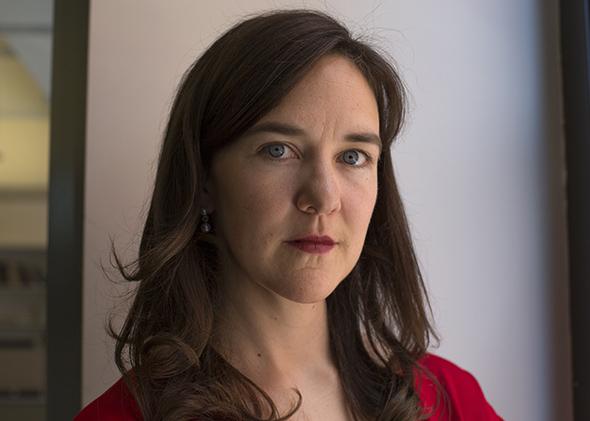I came to Slate nearly 12 years ago. I’d been working in New York at Sports Illustrated Women and was about to sign on at another glossy monthly when I got an email: “David Plotz here. I want to offer you our job. Please call me so I can do it with the enthusiasm and delight I feel.” The gig was to be Slate’s editorial assistant in D.C. Compared with the New York job, the title was worse, the money was worse, and the prospects were worse—it was a one-year contract gig. On the Internet! But there was something beguiling about Slate: Its matter-of-fact intellect, its skepticism, its inquisitive and puckish nature. Not to mention the enthusiastic and delightful people who seemed to work there. When I turned down the other job, the editor said, “You really want to go work for those eggheads?” I did.
This turns out to have been a fortunate decision for many reasons. I had the opportunity to learn from a host of dazzling reporters, writers, and editors, including Slate’s founder, Michael Kinsley, who was still a presence those first few years, offering wry insights and infusing the magazine with his distinctive genius. I later moved back to New York, where I got to watch the brilliant editorship of Jacob Weisberg up close, eventually becoming Slate’s culture editor, and helping to launch the Culture Gabfest podcast, still one of the joys of my week. I got to write about the semiotics of the thank-you note, the aesthetics of the exit sign, and why Penn Station is such a godforsaken mess. I even met my husband here (our twin sons have been known to sport Slate onesies). But one of the best things about coming to Slate has been the chance to work with David Plotz, whose energy and vim were apparent in that first email exchange. I’ve never met someone who combines such a devastating, ruthless, roving intelligence with such a warm heart. It’s an honor to take the reins from him as editor today.
In part, that’s because the man’s leadership has been titanic. Allow me to run through his stats: Under Plotz, the magazine went big on longform, launching the “Fresca” fellowships (named for David’s favorite citrus soda), which let staffers pursue enterprise reporting projects while taking a break from chasing daily news. He’s expanded our podcast empire, which has seen huge growth to 3 million plays a month. The magazine has racked up awards (including the National Magazine Award for General Excellence in 2011). In the past two years, Slate’s traffic has tripled to more than 25 million monthly unique visitors. In the past year, Plotz has overseen a redesign and the launch of our successful new membership program, Slate Plus. Oh, and Slate achieved profitability. David Plotz isn’t stepping down. David Plotz is dropping the mic.
Which leaves me in the perhaps unenviable position of treading onstage next. But when I look at the astonishing roster of talent at Slate today—veterans and newbies writing with incisiveness, speed, and wit; podcasters who offer substance with charm; talented photographers and headline writers and interactive journalists and designers; exceptional, innovative technology and business teams—I am thrilled to consider the possibilities ahead. One of the most fun and exciting parts of working as David’s deputy over the past six years has been, of all things, keeping an eye on our competitors: Each year, each month—lately it feels like each day—some new entity crops up on the Internet, determined to rewrite the rules of what we all do. Or some older institution reinvents itself with startling brio. I take this as a testament to the promise of our still-young medium—the many stories we have yet to tell, and the many new ways there are to tell them. At Slate, every day still feels like a bold experiment.
How will the Turner Slate differ from Plotz’s? Staff can anticipate that I’ll probably send fewer emails in ALL CAPS. (Although who knows, maybe an itchy finger on the shift key is one of the perils of the job.) Readers shouldn’t notice much at first: David and I have worked so closely together, so harmoniously and for so long, that the magazine as it is reflects much of my thinking. But the nature of our medium is that it is always changing. As Slate continues to evolve, the magazine will maintain its rigor, curiosity, and playfulness, the distinctive spirit that has made me—and so many others—fall for it so deeply over the years. I hope you will follow our work with enthusiasm and delight.
Read David Plotz’s farewell letter in Slate.
